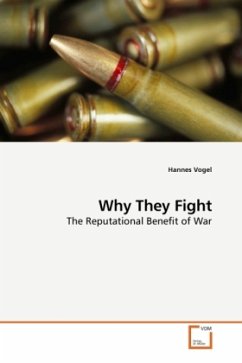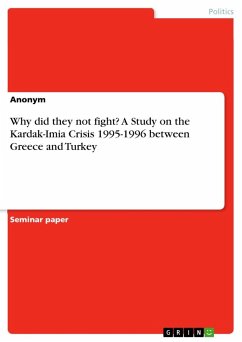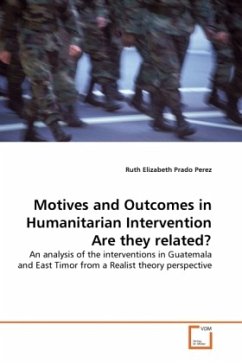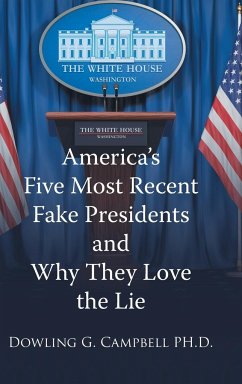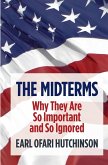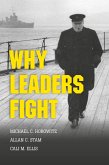Why do people fight although the human and material cost of fighting blatantly defies common sense? This book uses Game Theory and reputation to explain why civil wars drag on for ten years on average. Unlike theories classifying belligerents by their ideological motivation (limited, greedy, total spoilers) it emphasizes strategic motives: war is immoral yet instrumental. Although irrational in the short run, fighting becomes reasonable when some factions view the immediate cost of war as a profitable long-term investment in their bargaining power. Like hard-nosed poker players, these spoilers fight today to build a reputation for resoluteness, helping them extort higher concessions from their opponents tomorrow. However, pushing the envelope in this power poker obliterates lives on the battlefield not chips at the gambling table. But tomorrow's juice is worth today's squeeze if sequential peace negotiations are linked and peacebuilders cannot tell resolute spoilers from weaklings bluffing to maximize their power. When rattling the sabers yields a future power dividend, spoilers are made not born: reputational deterrence becomes profitable regardless of their true fighting costs.
Bitte wählen Sie Ihr Anliegen aus.
Rechnungen
Retourenschein anfordern
Bestellstatus
Storno

